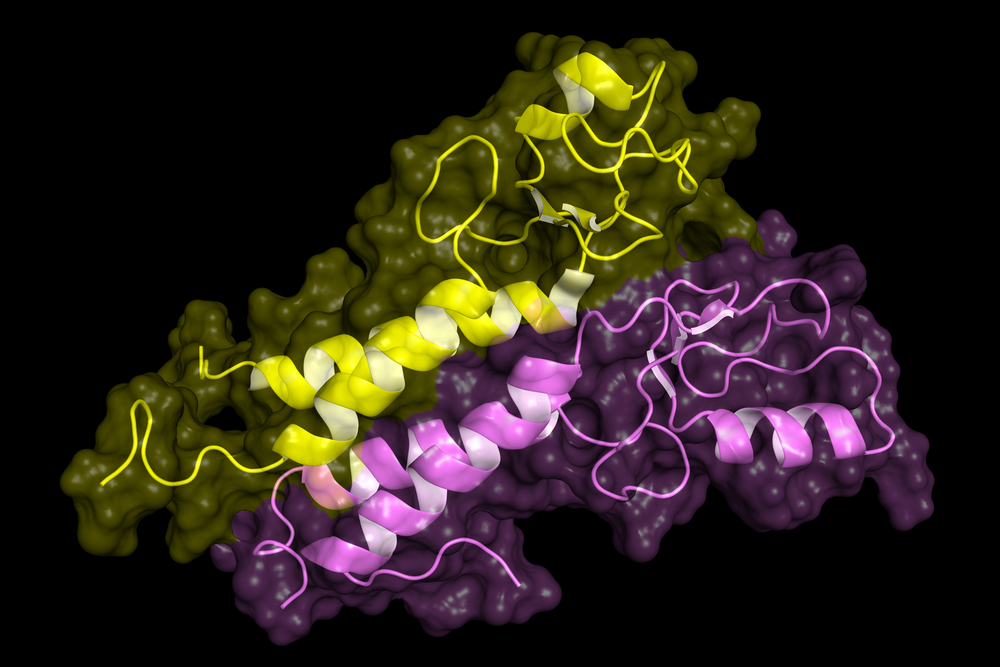
U.S. regulators have approved a new medicine for treating a common type of breast cancer after it has spread to other parts of the body.
Eli Lilly’s Verzenio was approved Thursday by the Food and Drug Administration for women and men with what’s called HR-positive, HER2-negative breast cancer that has worsened after hormone therapy.
According to the FDA, about 72 per cent of patients with breast cancer have this type.
The daily pill blocks certain enzymes that promote growth of cancer cells. It’s to be used either alone, after hormone therapy and chemotherapy have stopped working, or in combination with a hormone therapy called fulvestrant.
Indianapolis-based Eli Lilly and Co. says Verzenio, which is taken until cancer resumes growing, will cost $10,948 per month. It’s offering patients financial assistance, including 12 months with a minimal copayment for those with commercial insurance.
It will compete with two drugs in the same class, Pfizer Inc.’s blockbuster Ibrance and Novartis AG’s recently approved Kisqali. Both cost about the same amount but can’t be given as stand-alone treatments to those patients.
“Verzenio provides a new targeted treatment option for certain patients with breast cancer who are not responding to treatment,” Dr. Richard Pazdur, director of the FDA’s Oncology Center of Excellence, said in a statement.
In patient testing, cancer stopped worsening for patients taking Verzenio plus fulvestrant for just over 16 months on average, versus nine months for patients taking a dummy pill with fulvestrant. When given alone, testing showed about 20 per cent of patients taking Verzenio had their tumors shrink at least partially for 8 1/2 months on average.
Verzenio can cause serious side effects, including diarrhea, low white blood cell count and dangerous blood clots. More-common side effects include anemia, infections, fatigue and vomiting. Pregnant women should not take it.
The National Cancer Institute estimates that this year nearly 253,000 women will be diagnosed with breast cancer, and 40,610 will die of the disease.